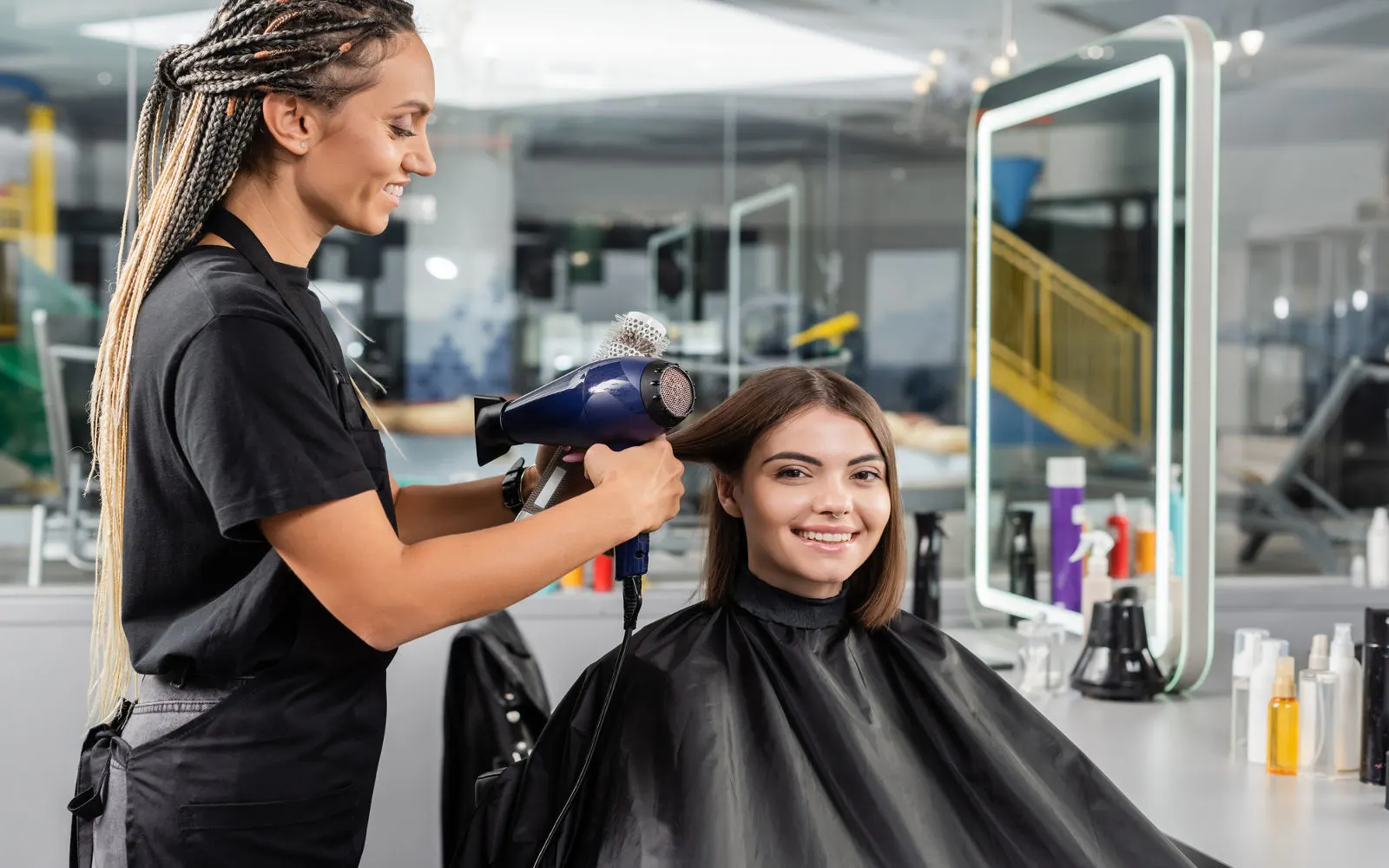Frugality is undeniably valuable for managing expenses and maximizing resources. However, it’s essential to recognize that not all frugal habits are equally beneficial. Some frugal practices may entail significant inconvenience, require excessive time commitment, or offer minimal financial gain, making them not worthwhile in the long run.
Here are some more:
Roommates Just To Split Bills

Image Credits: Deposit Photos
Having roommates to split bills can be a practical way to save money, but it can also introduce various challenges. Issues such as financial reliability, lifestyle differences, property damage, privacy concerns, and communication challenges may arise in shared living arrangements.
Frugality Over Quality

Image Credits: Deposit Photos
While opting for cheaper options may seem frugal and obvious, it’s essential to prioritize quality, especially for items that see frequent use or impact your well-being.
For example, investing in durable shoes or a reliable mattress may seem costly upfront but can save money in the long run by lasting longer and providing better comfort and support, reducing the need for replacements or medical expenses.
Not Prioritizing Comfort

Image Credits: Deposit Photos
Frugality isn’t solely about saving money at the expense of comfort. Investing in durable items and occasional luxuries can enhance comfort and happiness. For example, investing in a high-quality mattress may seem like a splurge, but it promotes better sleep and overall comfort, which can positively impact health and productivity.
Not Hiring Experts

Image Credits: Deposit Photos
DIY approaches can be cost-effective for certain tasks, but there are instances where hiring professionals can save time, prevent mistakes, and ensure quality results.
For example, attempting complex home repairs or legal matters without professional assistance may lead to costly errors or safety hazards, outweighing any potential savings.
Valuing Money Over Time

Image Credits: Deposit Photos, Photo by evdoha
By prioritizing immediate financial savings without considering future benefits or opportunities, individuals may miss out on investments, experiences, or quality of life improvements.
For instance, opting for cheaper, inferior products may save money upfront but could result in frequent replacements or repairs, ultimately costing more in the long run. Similarly, driving miles away just to get cheaper gas or groceries might not be worth it if you ended up spending more time and money on gas.
Always, Always Couponing

Image Credits: Deposit Photos
Spending excessive time and effort searching for coupons can lead to stress and irritability. Additionally, focusing solely on discounts may cause people to overlook better-value options, better quality or essential needs.
It’s important to strike a balance and prioritize value and convenience over relentless couponing to ensure true frugality.
Buying Cheap Shoes

Image Credits: Deposit Photos
Investing in good quality shoes is essential for several reasons. Firstly, high-quality shoes tend to be more durable and provide better support and comfort, which can prevent foot problems and injuries in the long run.
Cheap shoes, on the other hand, wear out quickly, requiring frequent replacements and potentially leading to higher overall expenses over time.
Cutting Hair

Image Credits: Deposit Photos
Cutting your own hair can lead to several drawbacks that outweigh the savings.
Firstly, without proper training and experience, self-haircuts can result in uneven or unsatisfactory results, requiring costly fixes by a professional stylist. Moreover, the time and effort spent learning and executing self-haircuts could be better utilized elsewhere, like a side hustle.
Cooking Everything

Image Credits: Deposit Photos
In the past, a common money-saving tip was to bring your own lunch instead of eating out, emphasizing the cost savings of homemade meals. While preparing your own food can still be economical, there’s a shift in focus towards other factors beyond just the price tag when it comes to dining choices. Many, for instance, often prioritize nutritious meals packed with protein over simply opting for the cheapest option. Hence, spending money on quality food as an investment in their health and well-being.
Cutting Out Joys

Image Credits: deposit photos
Cutting out little joys from your life in the pursuit of frugality can lead to a diminished sense of happiness and fulfillment. While it’s important to be mindful of expenses, depriving oneself of simple pleasures like a morning coffee or occasional treat can negatively impact overall well-being.
These small indulgences often serve as moments of relaxation or happiness in our daily routines. Finding a balance between responsible spending and allowing oneself these small joys is key to maintaining a healthy relationship with money and happiness.
Not Investing in Your Education

Image Credits: Deposit Photos
Not investing in your education may seem like a frugal choice in the short term, as it avoids immediate expenses such as tuition fees or student loans. However, in the long run, neglecting to invest in education can result in missed opportunities for career advancement, higher earning potential, and financial stability.
Ignoring Your Health

Image Credits: Deposit Photos
Ignoring your physical and mental health may appear to save money in the short term by avoiding medical expenses or therapy costs. However, neglecting these essential aspects of well-being can lead to more significant financial burdens and decreased quality of life in the long run. Neglecting physical and mental health is never a frugal choice, as it can lead to greater financial and personal costs in the future.
